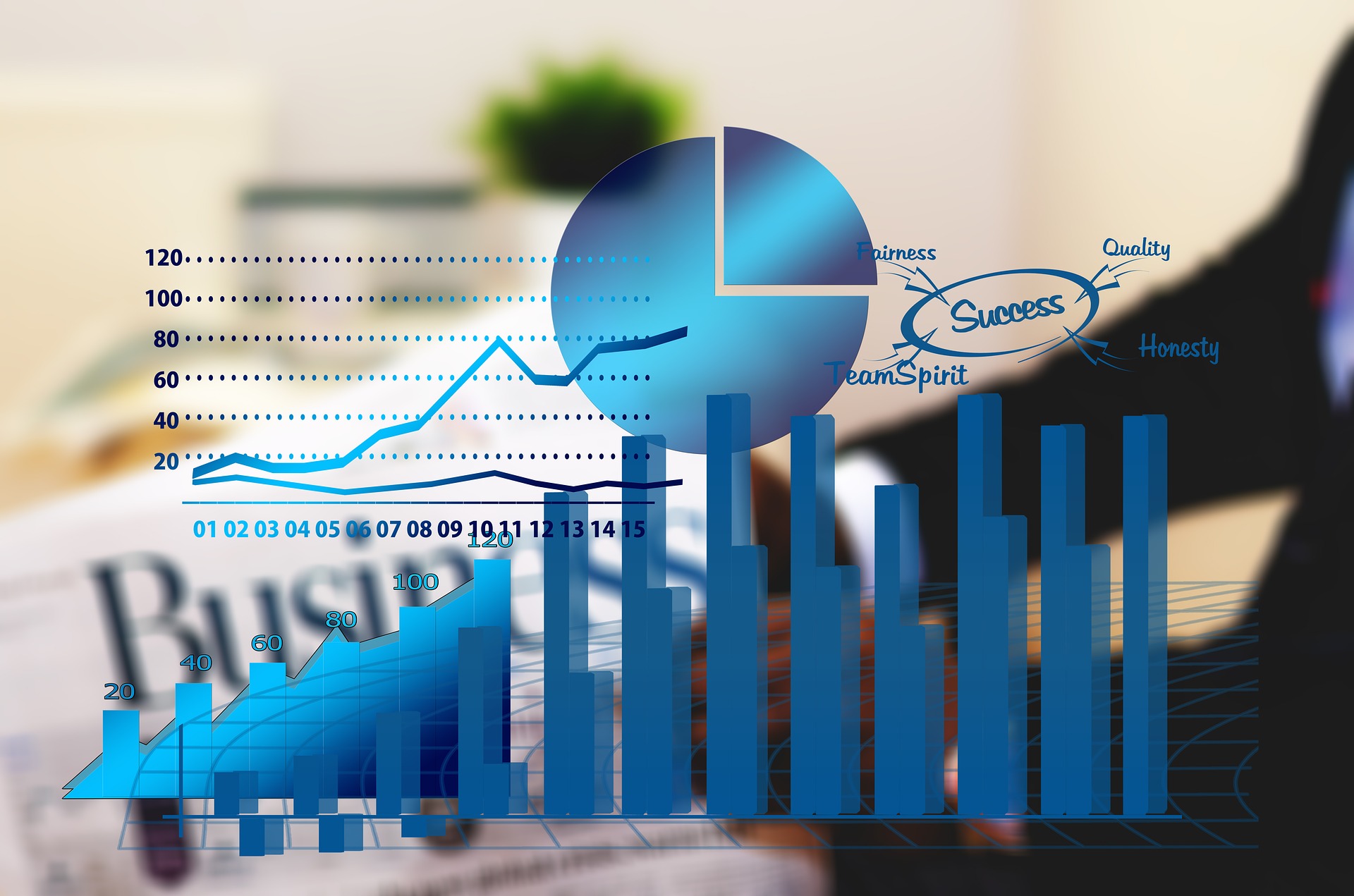President Joe Biden is meeting on Tuesday with Federal Reserve Chairman Jerome Powell, after writing in a Wall Street Journal op-ed that the U.S. central bank “has a primary responsibility to control inflation” and promising not to meddle.
Analysts say Biden’s moves with the Fed look smart.
“Allowing the Fed to conduct independent monetary policy” is “not only good for the economy, it is good for the president politically,” said Chris Low, chief economist at FHN Financial, in a note on Tuesday.
“President Trump did not win any favor by brawling with the Fed,” Low added, referring to Biden’s predecessor, who frequently tweeted criticism at Powell after picking him to lead the central bank.
Read more: Biden pledges Fed independence ahead of meeting with Powell
Economists have cautioned that every president — whether Democrat or Republican — lacks powerful tools for addressing high prices.
When asked by MarketWatch about Biden’s limited ability to tackle inflation, a top White House economist on May 20 said the question goes to the fact that it’s the Fed’s job to ensure price stability and full employment.
“So first and foremost, the president and his entire administration respect the independence of the Fed, and also understand that this is largely their mandate — to address inflation,” said Cecilia Rouse, who heads Biden’s Council of Economic Advisers.
“We support the policy changes that they’re making in order to address inflation. That said, the president is doing what he can as well,” Rouse also said, pointing to steps such as the release of oil reserves and allowing the summertime sale of gasoline with 15% ethanol. E15 gasoline could provide savings of 10 cents per gallon on average at the limited number of gas stations where it’s available.
See: As Biden fights inflation, economists warn his weapons for this battle look ‘extremely limited’
This month Biden has put his stamp on the central bank, having appointed four governors to the seven-member Fed board.
Before Biden’s picks were approved by the Senate, the Fed’s interest-rate setting committee was heavily tilted towards hawks. But the balance has now shifted, said Ian Shephersdon, chief economist at Pantheon Macroeconomics.
“Much depends on the approach of the new governors, Lisa Cook and Philip Jefferson, neither of whom were appointed — we assume — to be hawks,” Shepherson said.
Another Biden nominee to the Fed board, Michael Barr, is awaiting Senate action. Barr sailed through his confirmation hearing and isn’t expected to face difficulty on the Senate floor.
Analysts have stressed that Biden’s Democratic Party looks on track for defeats in November’s midterm elections if high prices persist. Americans’ frustrations with inflation are helping to keep Biden’s approval ratings low — and giving a talking point to Republicans ahead of the elections.
Republicans are widely expected to regain control of the U.S. House of Representatives, with betting market PredictIt giving an 87% chance for that outcome. The GOP is getting good odds for taking back the 50-50 Senate, too, as PredictIt puts them at 77%.
Biden and Powell are slated to meet in the Oval Office of the White House around 1:15 p.m. Eastern, with Treasury Secretary Janet Yellen — Powell’s predecessor at the Fed — expected to take part in the huddle as well.
Biden and his administration are making a concerted effort in the month ahead to communicate their accomplishments to date on the economy, on the path forward and on the contrast with a Congressional Republican plan laid out by Sen. Rick Scott of Florida, a White House official said on Tuesday.
Scott is chair of the National Republican Senate Committee, but Senate Minority Leader Mitch McConnell has rebuked him for his proposal, with the Kentucky Republican saying in March: “We will not have as part of our agenda a bill that raises taxes on half the American people and sunsets Social Security and Medicare within five years.”
U.S. stocks DJIA, -0.91% COMP, -0.90% lost ground Tuesday, as investors kept an eye on the Biden-Powell meeting. The main equity gauges have tumbled this year, with the S&P 500 SPX, -0.97% down about 13%, as investors fret about inflation, the Fed’s interest-rate hikes and the potential for a recession, though they booked sizable gains last week, helped in part by Fed minutes out Wednesday that suggested the central bank is open to rethinking its plans to raise rates to tame inflation.

